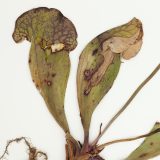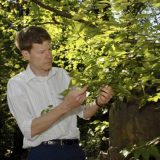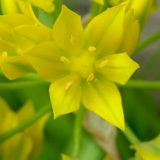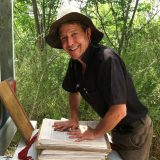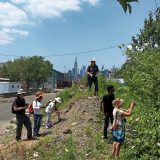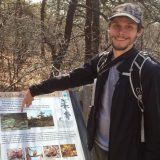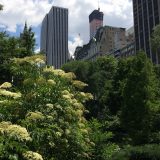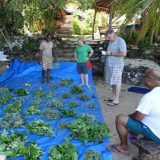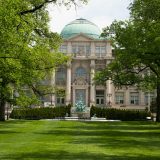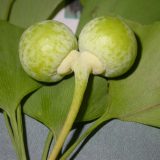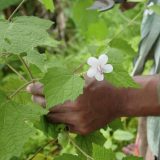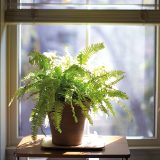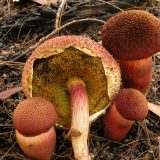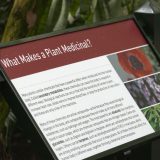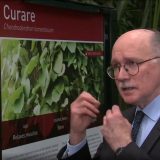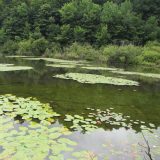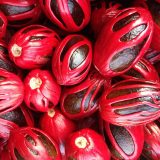Since 2016, botanists and researchers at the New York Botanical Garden have been studying the genetics of ash trees, their distribution, and the differences between populations and between species.
Some trees may be more resistant to the emerald ash borer than others, and uncovering a genetic basis for such resistance could be key in developing a breeding strategy to stabilize ash populations.
But there aren’t enough experts, or enough resources, to do this work. Enter dedicated citizen scientists like Janet Wooten, who joined NYBG’s New York City EcoFlora project in April. After years in the corporate world, Wooten wanted to be outside, and she is the kind of committed, motivated, expert volunteer who brings invaluable energy to a project.
READ THE ARTICLE


